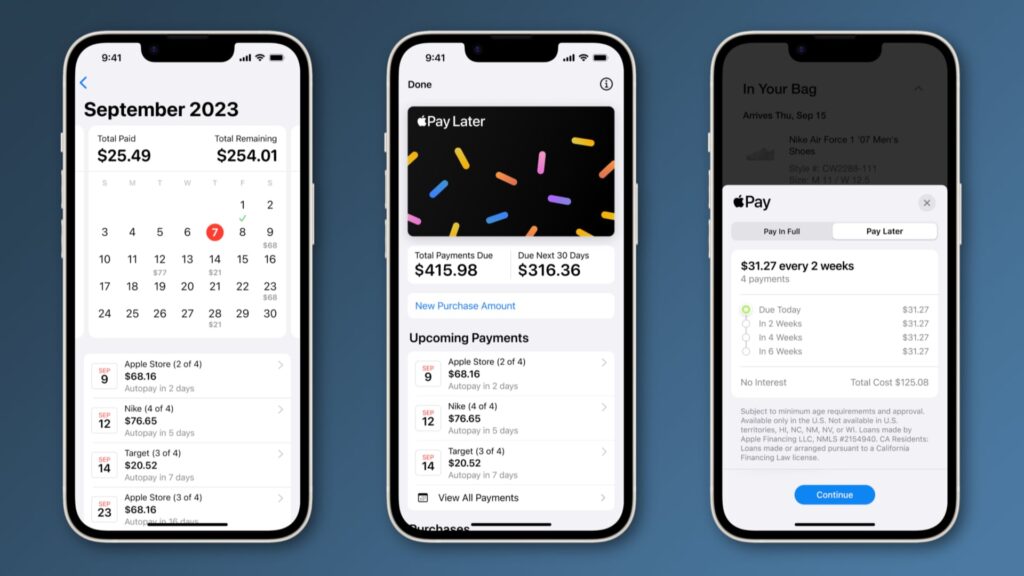AI is everywhere in the SaaS world.
Every other product claims to be “AI-powered,” promising smarter automation and better results. But does AI in SaaS really make a difference? Or is it just a marketing gimmick that customers don’t actually care about?
The truth is, most AI features in SaaS are just fancy automation or basic analytics with a new label. Customers don’t buy software because it has AI—they buy it because it solves a problem. If AI helps, great. If not, they don’t care.
This article breaks down why AI in SaaS is often overrated, how companies misuse it as a selling point, and what customers really want from their software.
Table of Contents
The AI Hype in SaaS: More About Selling Than Solving
1. AI as a Buzzword, Not a Game-Changer
SaaS companies love throwing “AI” into their marketing because it sounds futuristic and cutting-edge. But in reality, a lot of so-called AI features are just automated workflows or simple data analysis.
For example, a CRM that suggests the best time to send an email isn’t really “AI-driven”—it’s just using past data to make a guess. That’s useful, but it’s not groundbreaking.
2. Customers Care About Results, Not AI
Most businesses using SaaS tools aren’t looking for AI. They want software that’s easy to use, reliable, and actually helps them get work done.
Take a project management tool that claims to use AI for task prioritization. If the tool keeps suggesting irrelevant tasks, users will just turn off the feature and do it themselves. What they need is a tool that makes their work easier, not one that forces them to second-guess an algorithm.
3. AI in SaaS Often Feels Unfinished
A lot of AI features in SaaS products are half-baked. AI-powered customer support? Often just a chatbot that gives robotic, unhelpful answers. AI-driven hiring recommendations? Many are biased or inaccurate.
When AI doesn’t work well, users lose trust in the product and end up ignoring the feature altogether.
Why AI in SaaS Fails to Impress Users
1. AI Lacks Context
AI struggles to understand business nuances. A chatbot might recognize keywords but still miss the point of a customer’s question. An analytics tool might pull out trends that don’t actually matter to a business.
When AI lacks context, it creates frustration instead of efficiency.
2. High Cost, Low Benefit
Building AI features is expensive. It requires infrastructure, training data, and ongoing tweaks to keep it accurate. But many AI-powered SaaS tools don’t offer a clear return on investment.
For example:
- AI-driven email marketing tools that claim to predict the best send time often perform no better than standard A/B testing.
- AI-powered sales forecasting tools often make wrong predictions because they rely on incomplete or flawed data.
If AI doesn’t significantly improve efficiency or revenue, it’s just an extra cost for both companies and customers.
3. AI Can Overcomplicate Simple Workflows
Some SaaS companies over-engineer their products with AI, making them harder to use instead of simpler.
For instance, an AI-powered document editor that keeps suggesting weird rewordings can be annoying rather than helpful. Users just want a tool that works without unnecessary complications.
What SaaS Customers Actually Care About
1. Ease of Use Over Fancy AI
People don’t care if a product has AI. They care if it’s simple and intuitive. If AI adds friction instead of removing it, users won’t bother with it.
2. Reliability and Accuracy
AI suggestions can be hit-or-miss. Business users prefer tools they can trust, not ones that require them to double-check everything AI suggests.
3. Saving Time, Not Adding Steps
AI is supposed to make work easier, not create extra tasks. If AI-generated suggestions need constant adjustments, they defeat the purpose.
4. Privacy and Security
AI relies on large amounts of data, which raises concerns about security and privacy. Many businesses are wary of sharing sensitive information with AI tools that might misuse or expose their data.
When AI in SaaS Actually Works
While AI is often overhyped, there are cases where it genuinely adds value:
- Personalization – AI can help customize user experiences, like tailored recommendations in e-commerce SaaS tools.
- Fraud Detection – AI can detect unusual patterns in financial transactions.
- Predictive Maintenance – AI can anticipate and prevent technical issues in infrastructure tools.
- Data Processing – AI can quickly analyze large datasets and provide insights that would take humans much longer to find.
But even in these cases, AI must be reliable and user-friendly to be truly useful.
Final Thoughts: Stop Selling AI, Start Selling Solutions
The SaaS industry needs to stop pushing AI as a feature and focus on delivering real value. AI software development should prioritize results rather than just hype. Instead of selling “AI-powered” tools, companies should sell solutions:
- Instead of “AI-powered customer support,” say “Resolve customer queries 2x faster.”
- Instead of “AI-driven analytics,” say “Get insights without spending hours on data.”
- Instead of “AI-enhanced workflow automation,” say “Save 10 hours per week on manual processes.”
At the end of the day, customers don’t buy AI—they buy solutions. SaaS companies that get this right will build better products and earn more trust from users.
What Do You Think?
Has AI in SaaS made your life easier or just added unnecessary complexity? Share your thoughts in the comments below!


